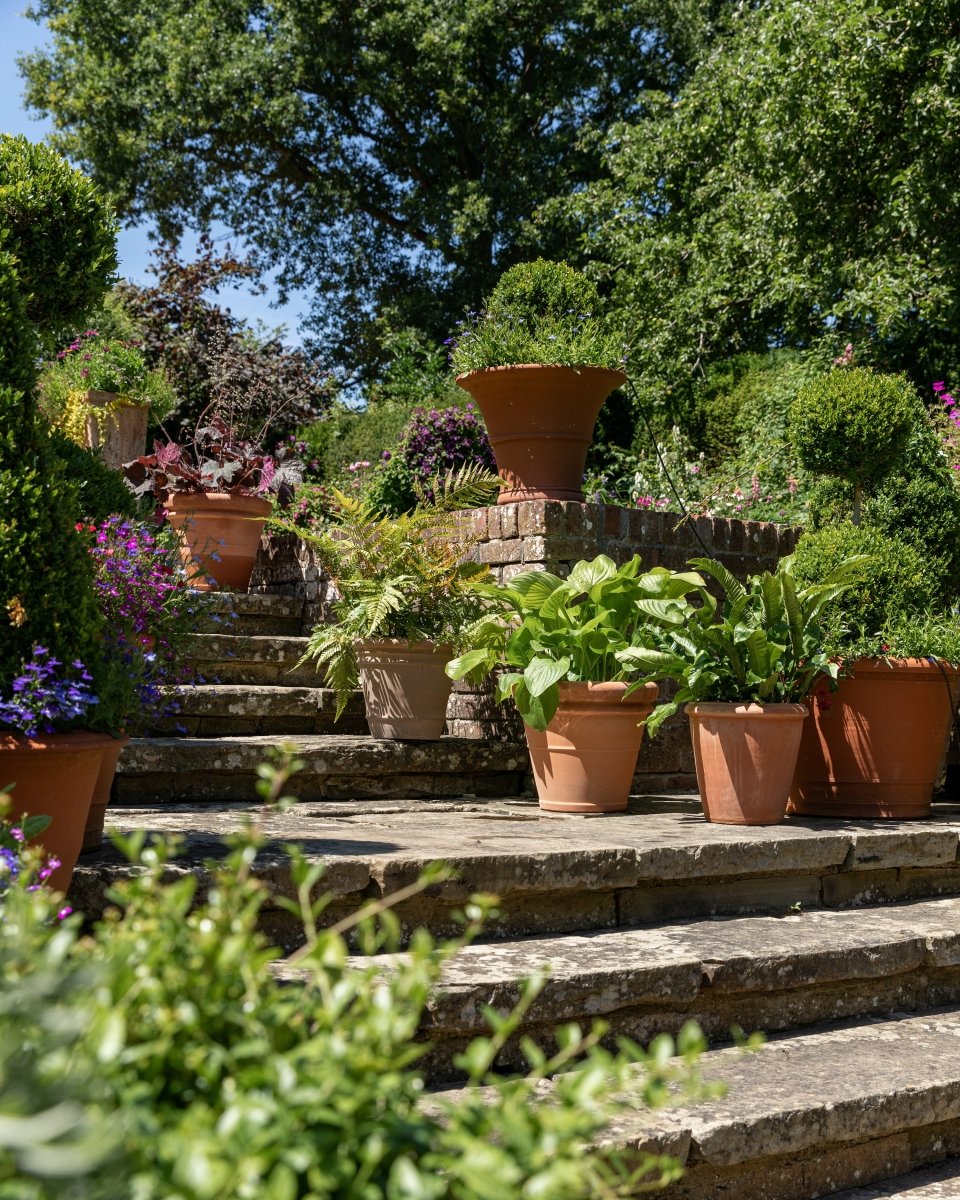Rubber trees (Ficus elastica) are popular houseplants due to their attractive, glossy leaves and relatively low maintenance needs. Here’s a care guide to help your rubber tree thrive:
Light
- Prefers bright, indirect sunlight.
- Can tolerate lower light but may grow slower and develop smaller leaves.
- Avoid direct sunlight, which can scorch the leaves.
Watering
- Watering frequency: Allow the top 2-3 cm of soil to dry out between waterings. Overwatering can lead to root rot.
- Reduce watering during winter as the plant's growth slows.
- Ensure the pot has good drainage to prevent standing water.
Humidity
- Thrives in average indoor humidity but benefits from occasional misting.
- If the air is particularly dry, consider using a humidifier or placing a tray of water with pebbles nearby.
Temperature
- Ideal temperature range: 18-24°C.
- Avoid sudden temperature changes, draughts, or placing the plant near heaters or air conditioners.
Soil
- Use well-draining potting soil, ideally a mix designed for indoor plants.
- A mixture of peat, pine bark, and perlite works well.
Fertiliser
- Feed monthly during the growing season (spring and summer) with a balanced, water-soluble fertiliser.
- Do not fertilise in autumn or winter when growth slows.
Pruning
- Prune to shape or control growth, ideally in spring or early summer.
- Remove any yellowing or dead leaves.
Repotting
- Repot every 2-3 years or when the plant becomes root-bound.
- Choose a pot slightly larger than the current one and refresh the soil.
Common Problems
- Yellowing leaves: Often due to overwatering.
- Dropping leaves: Can result from underwatering, overwatering, or sudden changes in light or temperature.
- Pests: Watch for spider mites, scale, or mealybugs. Treat infestations with insecticidal soap or neem oil.
Toxicity
- Rubber trees are mildly toxic to pets and humans. Keep out of reach of children and animals.
By following these guidelines, your rubber tree should grow healthily and add a lush, green touch to your space.





















